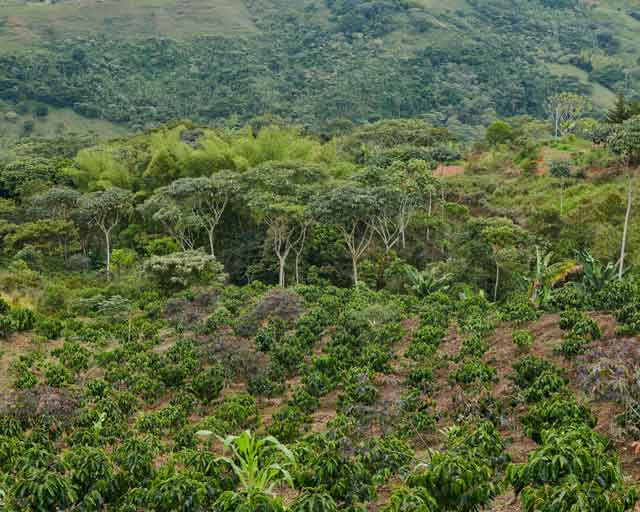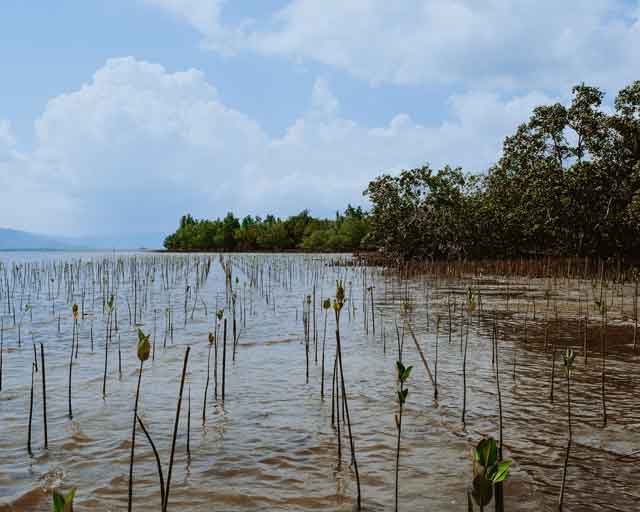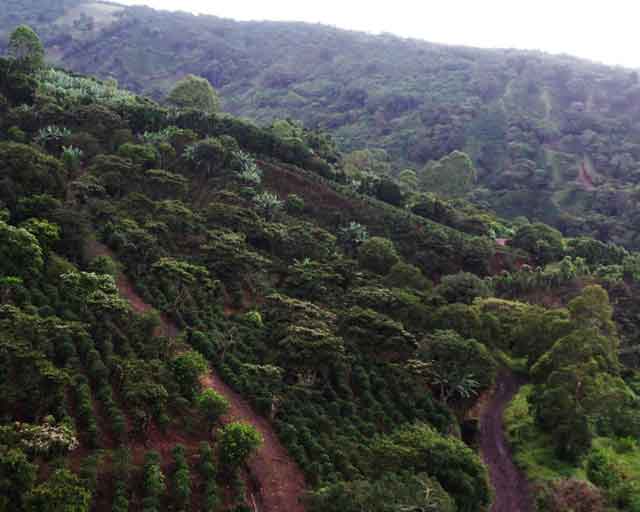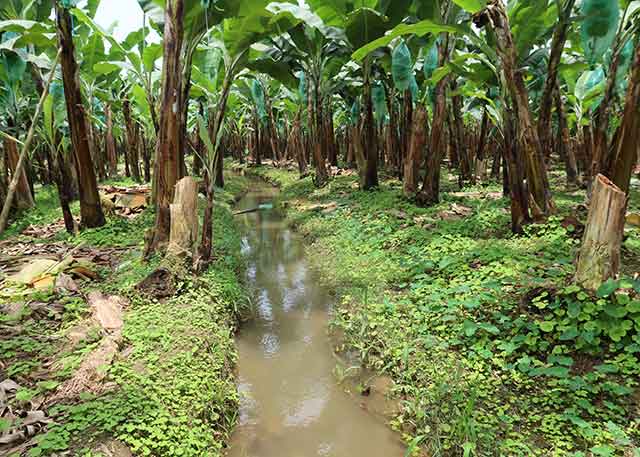PUR is a leader in nature-based development, helping companies to reduce their carbon emissions within their supply chain through “insetting.” These projects aim to regenerate and preserve ecosystems and support local farming communities.
One with Nature
Reconnecting companies with the ecosystems they depend upon
Our Work in the Field
Mangroves Provide Habitats for Over 1,500 Species
Mangroves are one of the most unique trees on the planet, achieving incredible social and environmental impact. Beyond carbon sequestration, their presence supports the well-being of many organisms, including humans, plants, and animals.
Regenerating Forest Ecosystems
In France, PUR develops forestry projects to improve the regeneration of forest ecosystems, and reinforce natural carbon sinks on a regional scale.
Interventions
How we can help you achieve ambitious sustainable development goals
Impacts
Carbon
To limit global warming to 1.5°C, PUR helps companies achieve ambitious carbon commitments and net-zero goals by implementing nature-based solutions — including agroforestry, regenerative agriculture and marine restoration.
Biodiversity
Nature-based solutions provide the opportunity to protect and promote biodiversity in agricultural landscapes — actively preserving environmental resources that support the resilience of ecosystems worldwide.
Water
Watershed health is essential to the well-being of global communities. The restoration of local ecosystems through regenerative agriculture, agroforestry and reforestation helps protect water quality and quantity, while also mitigating the most severe impacts of drought and flooding.
Soil
Soil is one of our most crucial resources, providing the foundation of agricultural productivity while actively storing carbon. PUR’s regenerative agriculture and agroforestry initiatives actively protect existing soil resources, while promoting improvements in soil carbon, nutrients, and water-holding capacity over time.
Livelihoods
Communities are at the centre of all nature-based solutions. To support the improvement of local livelihoods, PUR provides farmers with opportunities to create more resilient and diverse incomes, build technical expertise, and grow through empowerment.
40+ Projects in 30 Countries
Working with Industry Leaders Worldwide
Join Our Team
Join the revolution for change. We are global leaders in nature-based impact projects, and we’re looking for ambitious team members who share our passion for creating a more sustainable future.



